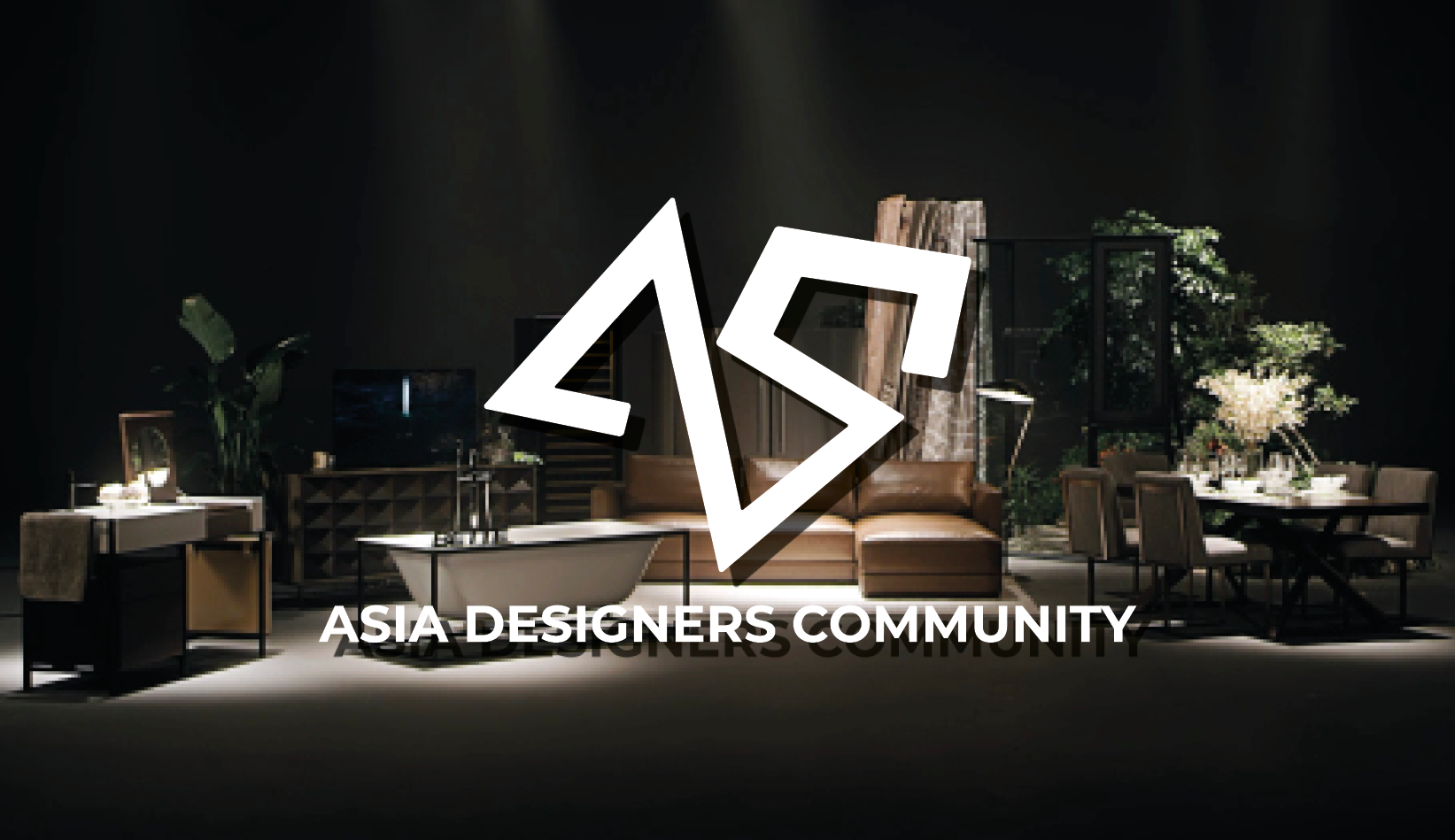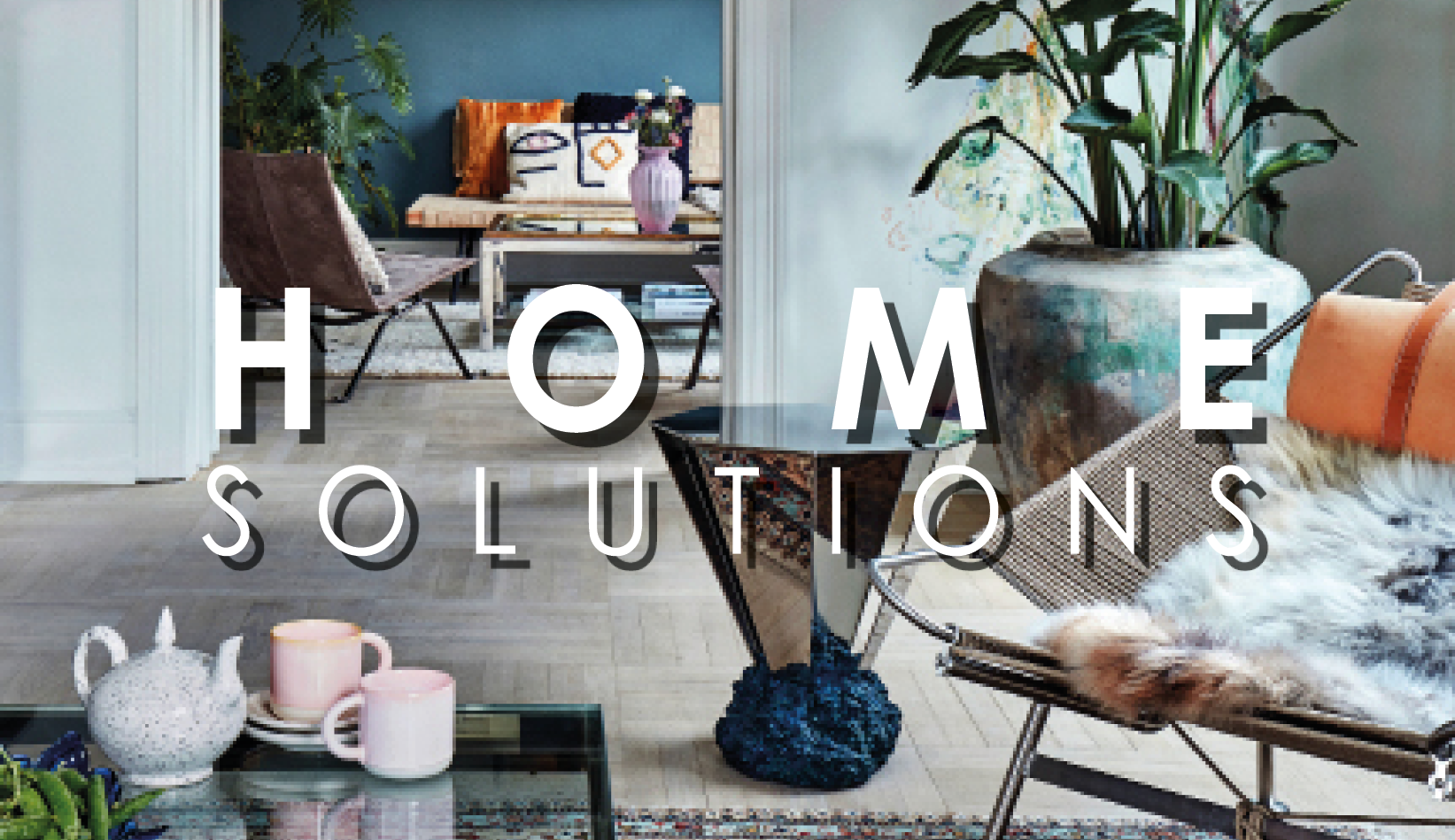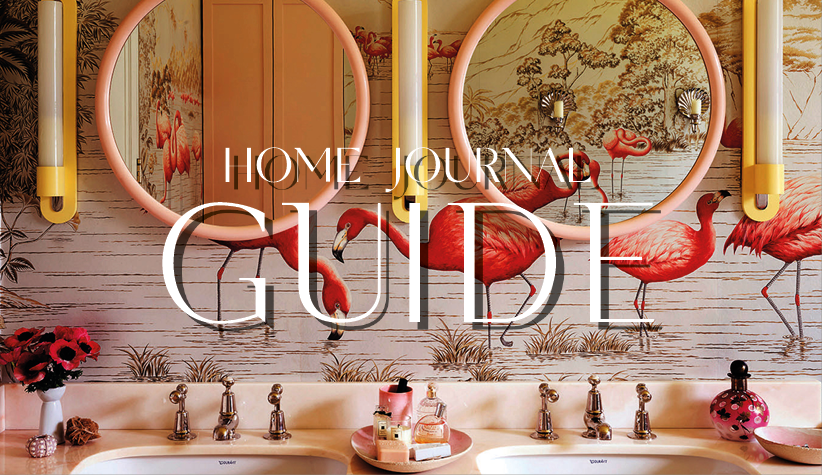It’s already 10 in the evening and the sky is still cobalt blue.

This is how a typical day ends on the cusp of summer in Helsinki; it’s something the Finns have been waiting for after a long winter. In the capital, a crisp, cool breeze from the Baltic Sea cuts through the hum of activity. It looks and feels exactly as you’d imagine a place that’s consistently ranked as one of the most liveable cities in the world. Of late, Helsinki has been referred to as a burgeoning design destination, a description that neglects how intrinsic design is to Finnish culture and society. It’s not a nascent industry here – the mere mention of Alvar Aalto dispenses with the notion of design as "emerging" – but an essential part of everyday life.

Clad in Finnish granite, the Helsinki Central Railway station is one of the city's major landmarks. Buildings span Neoclassical to Jugend in style
"As a people, we strongly believe that design helps make society and life better," says Martta Louekari, creative director and co-founder of marketing and communications agency Juni as well as Helsinki New, which helps promote the country’s creative industries. While this echoes a shared Scandinavian sentiment of aspiring for "good design for all", the Finns take it a step further. "There are government service design programmes in healthcare and education, and even a design director for the city of Helsinki," says Martta. Then again, perhaps that isn’t so surprising for a place that earned the title of World Design Capital in 2012 and was awarded the status of City of Design by the UNESCO-established Creative Cities Network in 2014.


Homegrown brand Artek - part of of Alvar Aalto's legacy - embodies a democratic design philosophy
A stroll in Helsinki’s compact city centre offers a window on how design impacts and influences its 600,000 residents. The eclectic surroundings are filled with an assemblage of architectural gems that span neoclassical, Jugend and Nordic styles – some adorned with the building’s name in whimsical typography. It’s not just a study of the past, however; the continually evolving cityscape provides plenty of room for experimentation. This year saw the arrival of the new Helsinki City Museum, which reopened in May, and the launch of Löyly, a stunning waterfront public sauna featuring a modern, slatted facade crafted from FSC-certified wood.

Inside the studio of Aalto + Aalto, a design practice creating products, spaces, and exhibitions

Co-founder Elina Aalto
Although design is an integral part of Finnish life, it’s accurate to say that Finland has been experiencing a creative renaissance with Helsinki at the centre. Since the start of the decade, there’s been an explosion of creative talent, particularly in the fashion sector. Young Finnish designers have won the prestigious Festival d’Hyerés and Designers’ Nest, garnering plenty of attention for the place they call home. Local fashion labels such as R/H, Onar Studios and Samuji have also grown rapidly, and events have been devoid of timidity. One example is the Match Made in HEL fashion show, a massive production held on an airport runway last May. This dynamism is reminiscent of the early-to-mid 20th century and post-war Finland – a time when stalwart brands such as Marimekko, Iittala and Artek were born.

"The country was completely empty after the war; we were very poor and there was no contact with the outside world. We had nothing, so we just created," says Vuokko Eskolin-Nurmesniemi, a prolific designer who joined Marimekko in 1952 at just 22 years of age and went on to build a stellar career in textiles and fashion. Speaking in her minimalist home outside the city – a timeless structure designed by her late husband, architect Antti Nurmesniemi – Vuokko muses that the situation helped foster originality as well as a strong creative community. "In school, we were told to be designers," she says. "We were not making butterflies or mere ornamentation; we were taught to trust in our ideas."

The visionary creations of Vuokko Eskolin-Nurmesniemi, who began her career in Marimekko and established herself as a leading textile designer
The clean slate that emerged post-war was the canvas which brought forth a distinct visual language. A case in point is Marimekko: the brand’s use of bright, happy colours and bold prints was said to have been conceived to combat the long, dark winters in Finland. It’s this "for us, by us" approach that contributed to an enthusiasm for design that lives on today. "Finns really treasure quality products, and we are very proud of our original design and uniqueness – copying is a big shame here. From farmers to teachers, everybody has Finnish design at home," says Miia Koski, CEO and co-founder of Juni and Helsinki New, who works with Martta to take Finnish design beyond the country’s borders.

Designer Sebastian Jansson in his office in Helsinki

A behind-the-scenes look at Studio Sebastian Jansson's product designs, which range from lighting to furniture
The widespread appreciation for home-grown creations forms a solid foundation of support, which allows emerging artists and designers to further their careers and build on the existing legacy. "Designers must always look forward, not backward," stresses Vuokko. Looking at the products and projects of progressive design firms such as Aalto + Aalto and Studio Sebastian Jansson, there’s no doubt that the future of Finnish design holds even more surprises. The former has collaborated with local giant Iittala and has bridged the Finnish and Japanese industries, while the latter recently released a collection in collaboration with Nodus Rug at the last Salone del Mobile in Milan.

Sebastian is noted for his brave use of colour and eye-catching designs; he most recently collaborated with Nodus Rugs in Italy
The Finns have been stereotyped as a taciturn and reticent people, but their creative voice speaks volumes. "The scene is ambitious and energetic, but at the same time, shy and strange in the way that only Finns can be," says Martta. It’s clear that their talent, originality and creativity shines bright – just like the Nordic summer they all look forward to.
The Helsinki Edit - A shortlist of places that foster the city’s creative genes
SPIS
Although Spis can only accommodate 18 diners at a time, the lauded restaurant of Perttu Jokinen and Antero Aurivuo offers a wide array of fresh Nordic produce served up in delicious, delicately put-together plates. The intimate, sparsely styled dining room is an apt stage to highlight their commitment to small producers and niche brands, down to their choice of drinks, with a stock of artisan wines and the local, multi-awarded Napue gin. Reasonably priced yet executed to a very high standard, it’s a must-visit place for vegetable-loving gastronomes.


ARTEK
Founded in 1935 by four progressive designers – Alvar and Aino Aalto, Maire Gullichsen, and Nils-Gustav Hahl – Artek has become synonymous with Finnish design. A visit to the brand’s flagship store is mandatory for all design aficionados, if only to appreciate the comprehensive portfolio of iconic creations up close. For serious shoppers, a customisation service for Aalto’s classic Stool 60 is available in-store; there’s also a curated selection of niche brands and magazines.

HOTEL LILLA ROBERTS
Housed in a former power plant designed by architect Selim Lindqvist in 1909, Hotel Lilla Roberts is a prime example of adaptive reuse. Situated in the city’s design district, it’s the perfect base to explore museums, visit boutiques (and score some vintage Arabia ceramics), and get a feel for Helsinki’s creative pulse. Glamourous art deco touches define the interiors – as seen in the checkerboard flooring and the subtle use of metallic detailing – but style doesn’t overshadow the convivial atmosphere. Don’t miss the top-notch cocktails at lobby bar Lilla E; whatever your tipple of choice, it’s best enjoyed next to the crackling fire.


Photography: Kenneth Wu
See more: A Sojourn To Ceylon






